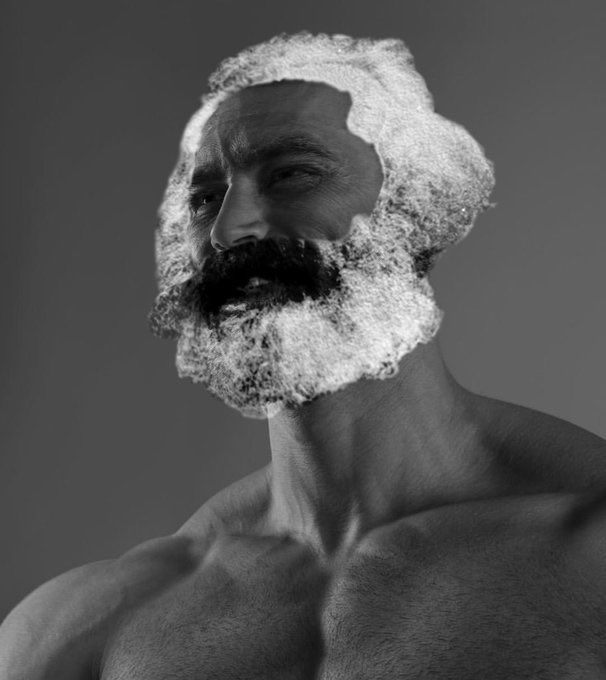The Communist Party of Cuba is currently drafting a Families Code which breaks all tradition, allowing families to express themselves in whatever form of self-organization they wish, with full state recognition and protection. I will include a few of the key points in this post, but I would highly recommend you all read the full text of the official statement (in English) here.
The draft goes on to describe a family–
The members of the families are bound to perform family and societial duties on the basis of love, affection, consideration, solidarity, fraternity, co-participation, protection, responsibility and mutual respect.
In other words, a family is not successful based on its structure or the number of members. A family is a social structure that recognizes itself as such and takes on the duties and responsibilities it entails.
The draft continues, also enshrining people with the right to build their own family beyond just blood relation–
Many times, people say that “we do not choose our family. It is what it is. If you like it or not, well, there is no choice.” Although it is not possible to change blood relation objectively speaking, this is a very relative statement when it comes to the subjective aspect of it. Truth is that, beyond the family environment a person grows up in, everyone has the right to form their own family, with their own particularities. A family in which a human being can feel truly fulfilled and happy. As varied as the family structures that surround us, or more, are the ideas that people have as to what they call a family.
Precisely, the first family right provided in the bill of the new Families Code is the opportunity to build one. Of course, the principles on which a family should be built are clearly stated in the new bill and they all have a central idea, dignity is the supreme value when it comes to the relationships within the family. Hence, if the family we want, the one we dream about, the one that meets our expectations as human beings, is indeed chosen and built, there is no doubt it will always be our shelter and support.
In summation–
The bill of the new Families Code, if approved, will be an instrument of profound scope that will be among the most advanced currently in force in our continent. And this says a lot about the path the Cuban society has taken. Under the principle that love is the first condition a family needs to exist, the new Families Code has the merit of broadening the concepts of inclusion we have known so far, of putting a name to what we could not practically name one day, of moving forward toward the naturalization of family structures whose status in matter of rights have remained uncertain for years. This document, of which any Cuban who has read it can speak at length, is a major qualitative leap towards one of the primary targets of our social system: to fight all types of discrimination. This code is a mirror that truthfully reflects the families that exist in Cuba today.
Cuba continues to ball out on imperialist enforced social conditions.
:Fidel-deke::fidel-freethrow::fidel-balling::fidel-layup:
I loved reading the Reuters article on this.
Referendums in Cuba typically pass by overwhelming majorities, but this one may face an uphill battle as the vote nears, three experts consulted by Reuters said.
Bert Hoffman, a Latin America expert at the German Institute of Global and Area Studies, said the code was perhaps the most progressive in Latin America on gender and generational rights. But the text was largely compiled by state authorities, rather than being a grassroots movement, Hoffman added.
Cubans would never be this woke, the regime will have to impose it
“All elections, all referendums, have been under the guidance of the Communist Party or Fidel Castro’s leadership, and the outcome was always a given, and now for the first time the outcome is uncertain,” Hoffman said.
why did the PCC suddenly decide to allow a REAL ™️ vote?
Proponents argue that the 46,000 neighborhood meetings held on the issue so far constitute a model of democratic process.
I guess I’m a proponent :P Maybe the 46000 neighborhood meetings might make it possible to only put up referendums that will pass.


